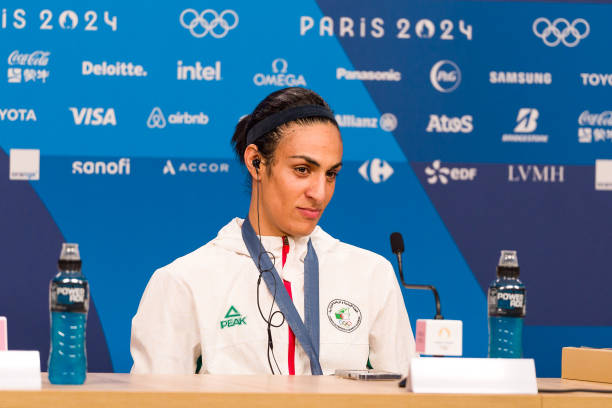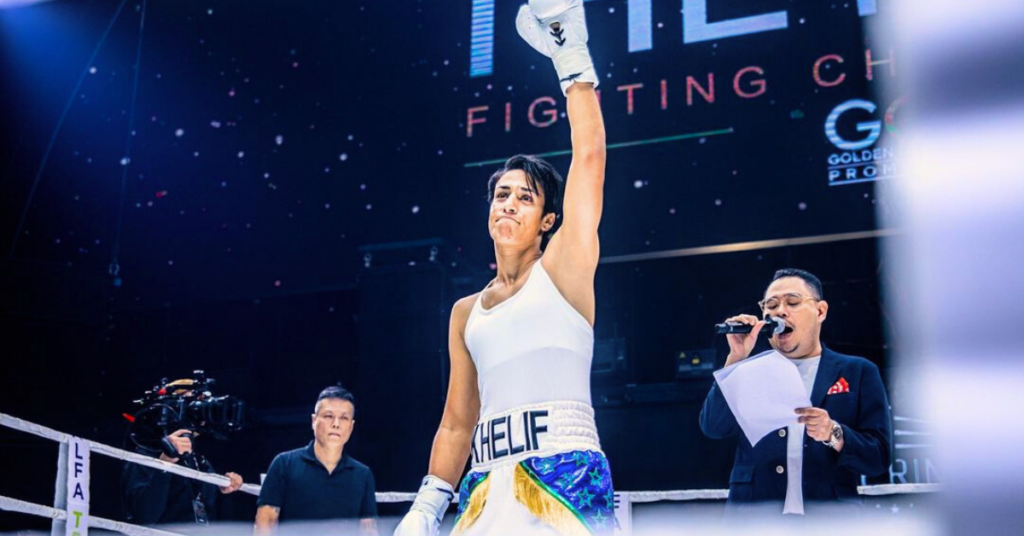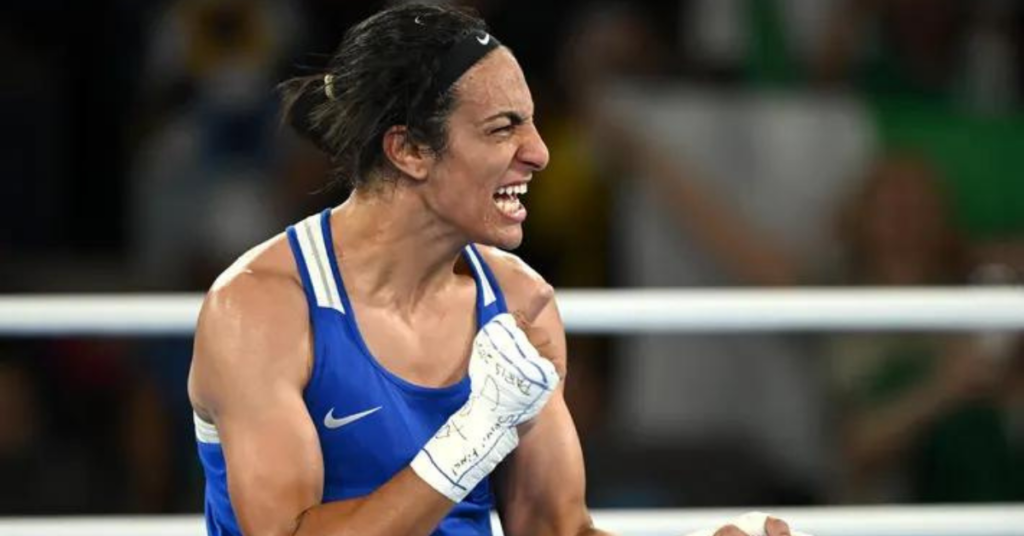Algerian boxer Imane Khelif, who won gold at the 2024 Paris Olympics, is at the center of an ongoing eligibility dispute in international boxing. World Boxing, the sport’s new governing body for the Olympics, has ruled that Khelif cannot compete in the female category at its events, including the upcoming Eindhoven Box Cup, until she undergoes a mandatory sex verification test.
Imane Khelif
The controversy began when Imane Khelif, along with Taiwanese boxer Lin Yu-ting, was disqualified from the 2023 World Championships by the previous governing body, the International Boxing Association (IBA), for allegedly failing gender eligibility assessments. However, the full original laboratory report has not been made publicly available; only summaries and excerpts have been reported by journalists and news outlets.

Details of World Boxing’s New Sex Verification Policy
The International Olympic Committee (IOC) later stripped the IBA of its status as the sport’s amateur governing authority, citing concerns over governance and management. For the Paris Games, the IOC allowed athletes to compete in the women’s division if their official identification documents listed them as female, regardless of previous IBA findings. The IOC has also questioned the legitimacy and process of the IBA’s gender tests, with spokesperson Mark Adams stating that the tests were “ad hoc,” lacked transparency, and their accuracy could not be verified.
The IOC emphasized that this is not a transgender case and that Imane Khelif has always competed in the women’s division and identifies as a woman. Being transgender would have her arrested in her home of Algeria.
World Boxing, now provisionally recognized by the IOC as the international governing body, has introduced a new policy requiring all athletes over 18 to undergo a polymerase chain reaction (PCR) genetic test to determine their chromosomal sex before competing in sex-specific categories. The PCR test detects the presence of the SRY gene on the Y chromosome, which is an indicator of male biological sex. Athletes found to have Y chromosome genetic material, or a difference of sexual development (DSD) with male androgenization, will only be eligible to compete in the male category. Those with XX chromosomes or without male androgenization will be eligible for the female category.


The BBC and other major outlets have reported on speculation that Imane Khelif may have a DSD, a group of rare conditions where an individual’s hormones, genes, or reproductive organs may not fit typical male or female categories. However, these reports remain unconfirmed, and the BBC notes it has not been able to verify the specifics of Khelif’s case.
The IOC has stated that this is not a transgender case, and Imane Khelif has consistently stated she was “born a girl, raised a girl,” and remains determined to compete as a woman.
Lab Results Cited, But Full Document Remains Unpublished
A recent document, originating from Dr Lal PathLabs in New Delhi and dated March 2023, states that chromosome analysis revealed a “male karyotype,” specifically an XY pattern, which is typically associated with biological males. The laboratory is accredited by the American College of Pathologists and certified by the International Organisation for Standardisation. However, none of these sources provide a direct link to the full, original laboratory report. Only one site specified as having “seen” the document. Other outlets reference or summarize the findings as reported by the original website and do not publish the document itself.
While some media outlets have reported on a leaked medical document suggesting Khelif has XY chromosomes, the original report has not been made available for public scrutiny, and its legitimacy is questioned by the IOC. World Boxing’s new testing policy means Khelif and all other athletes must now provide genetic evidence of their eligibility to compete in sex-specific categories. The situation remains unresolved, with Khelif’s eligibility for future competitions dependent on the outcome of the mandated genetic testing.






















